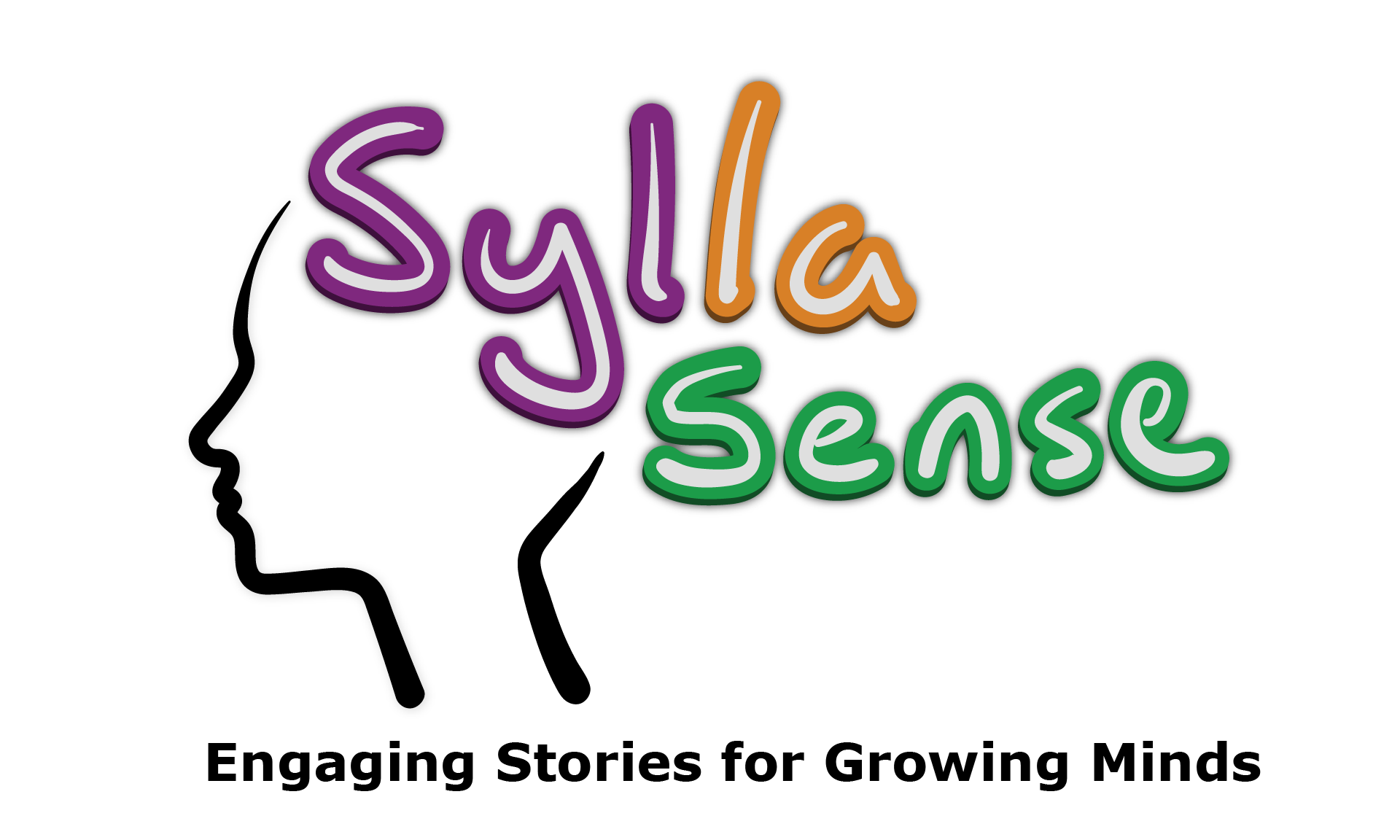The Tides - Tip Sheet

- IT IS ESSENTIAL TO PRE-TEACH THE CONCEPTS INTRODUCED IN EACH BOOK PRIOR TO READING! -
|
The Tides - Teacher Tip Sheet Purple Series - Book 7 - The Tides |
||||||||||||||||
|
Grapheme/Phoneme Correspondence |
Tips and Activities to Try |
|||||||||||||||
|
Previously Introduced Vowels
Consonants
Digraphs/Trigraphs
Additional Concepts
|
Key Concepts to Understand - suffix <-est>
Refer to Page 4 of Morphology Information Background Sheets
Activity To Try
Students are responsible for repeating the base and adding the suffix <-est>, NOT independently decoding the base. Therefore, words with vowel teams that have not yet been taught can be used in this activity. The goal is to understand suffix <-est> as a meaningful unit, not as something to sound out. Suggested bases:
Words and Phrases for Reading and Writing Here is a list of words that can be used for phonemic awareness activities, reading, dictation, games cards, etc.:
Here are phrases that can be used for reading and/or dictation practice. These phrases can be combined to create sentences. A good opportunity arises to address syntax if the resulting sentence is not grammatically correct.
You can differentiate for your students by dropping some of the words in these phases (e.g., “the kindest, sweetest kid” can just be “the kid”). |
|||||||||||||||
|
Morphology |
||||||||||||||||
|
Introduced in This Book
Previously Introduced
|
||||||||||||||||
|
High Frequency Words |
Tips and Activities to Try |
|||||||||||||||
|
Key Concepts to Understand
Note: have students notice that the pronunciation of the “ere” is not consistent with these three words which is not unexpected as our spelling system supports meaning before pronunciation
You may also want to teach the homophones their/there/they’re:
|
|||||||||||||||
|
Comprehension Corner - The Tides |
||||||||||||||||
|
Vocabulary Development
Making Connections
Inferencing
Retelling/Summarizing
|
||||||||||||||||
Tip Sheet written by Shari Kudsia and Helen Maclean - April 2023 - ©SyllaSense Inc.
